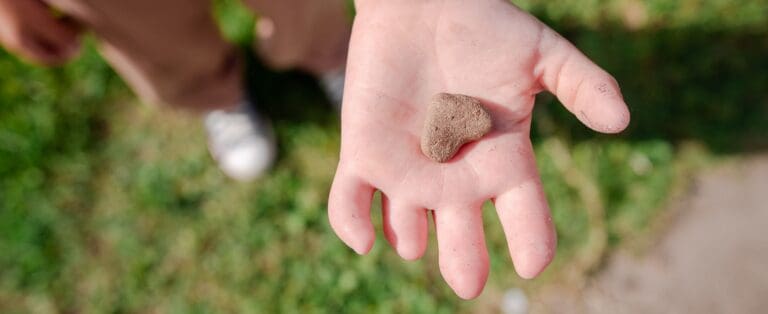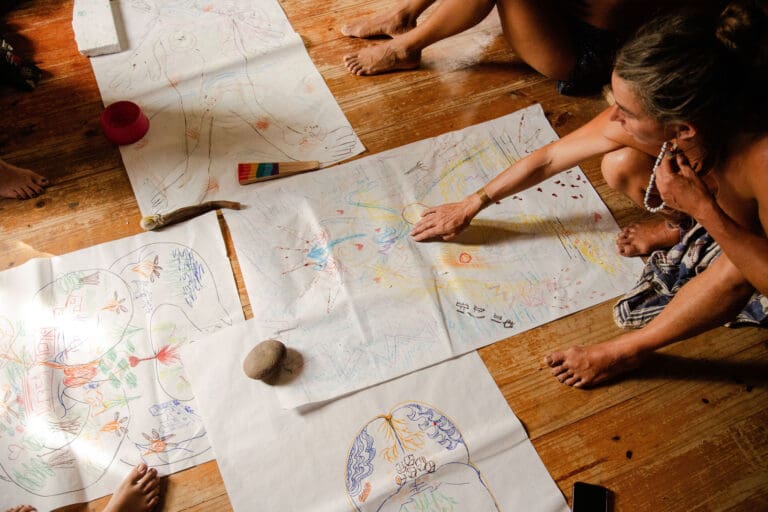The Niger Delta region contributes more than 80% of Nigeria’s revenue. However, the area is suffering from two tragedies simultaneously: the impact of oil extraction and climate change. This twin tragedy has brought environmental degradation that threatens people’s livelihoods.
Oil-producing communities lag in sustainable development due to the cumulative impacts of multiple crises―oil pollution, climate change, migration, gender disparities, and food challenges. The region’s water sources, air quality, vegetation, and public health are polluted with devastating implications for livelihood, culture, and environment. These have plagued the region with poverty, inequalities, conflict, and forceful migration.
Despite these challenges, the people of the Niger Delta have remained resilient. While some have had to relocate from their ancestral land, others harness their craft and creativity to address the complex challenges they encounter daily.
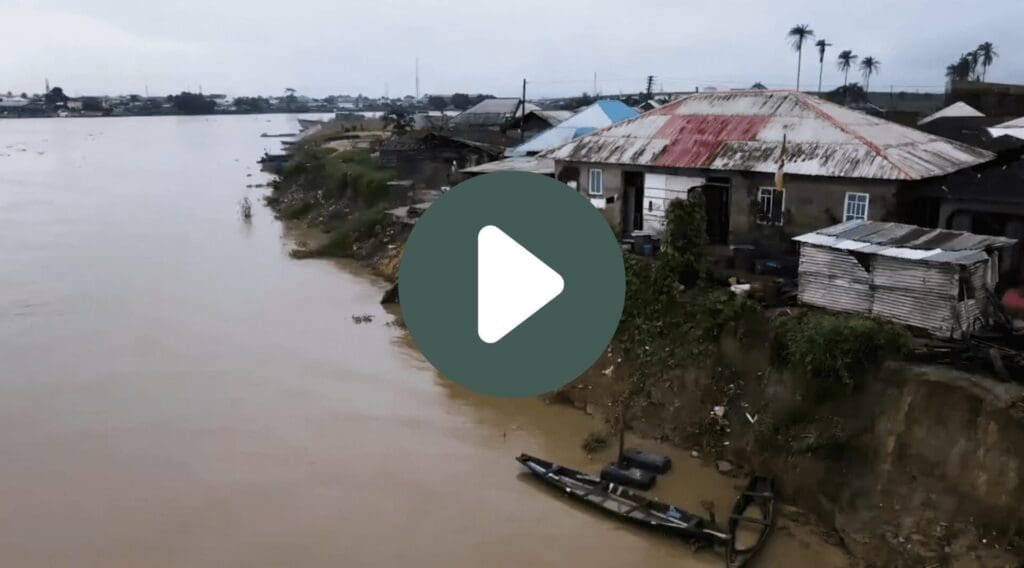
Community craft and community-driven creativity ensure solutions are culturally relevant while fostering ownership and accountability among the people. Watch ORA Africa Fellow Dr. Prince Eze and other stakeholders document the environmental challenges facing Niger Delta communities and their innovative solutions for survival.
ORA Africa Fellow Dr. Eze is spearheading a project—Tackling the Polycrisis Nexus of Environmental Degradation, Climate Change, Migration, and Gender Disparities—which showcases how people are building resilience towards these intersecting crises.
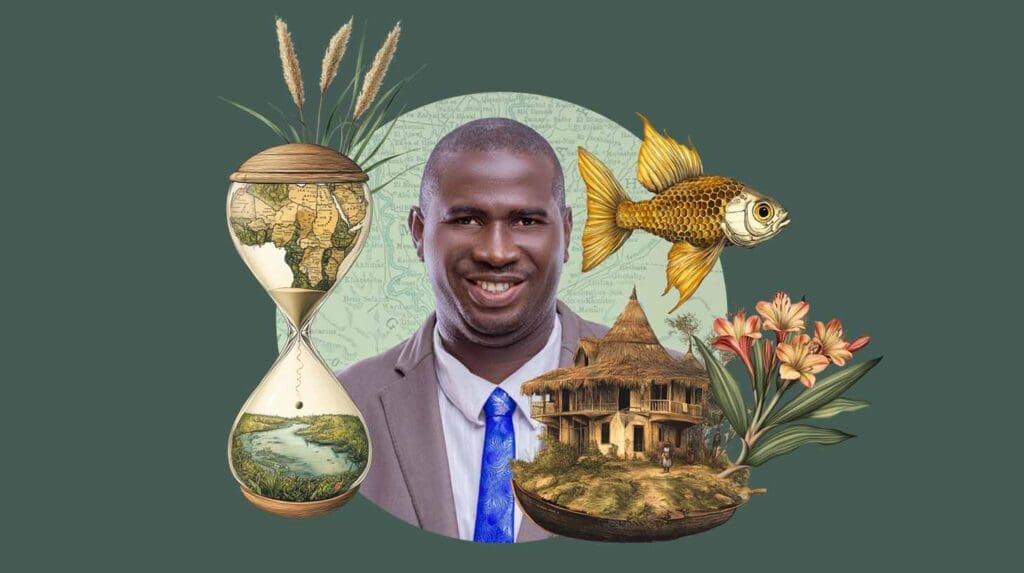
Some communities are constructing hand-made barriers or shore protection to temporarily hold back river water from encroaching into living areas and pushing them from their homes. These community-built protections help safeguard buildings, farmlands, and critical infrastructure from coastal erosion and rising sea levels.
The use of sandbags for planting allows farmers to grow plants wherever they migrate to or after their farmlands have been destroyed by floods. Meanwhile, farmers have creatively constructed new calendars for their planting and harvesting seasons due to unpredictability brought by climate change and pollution.
The people are relying heavily on Indigenous knowledge and community-based adaptation to tackle complex challenges in line with the peculiarities of their environment, especially without government assistance.
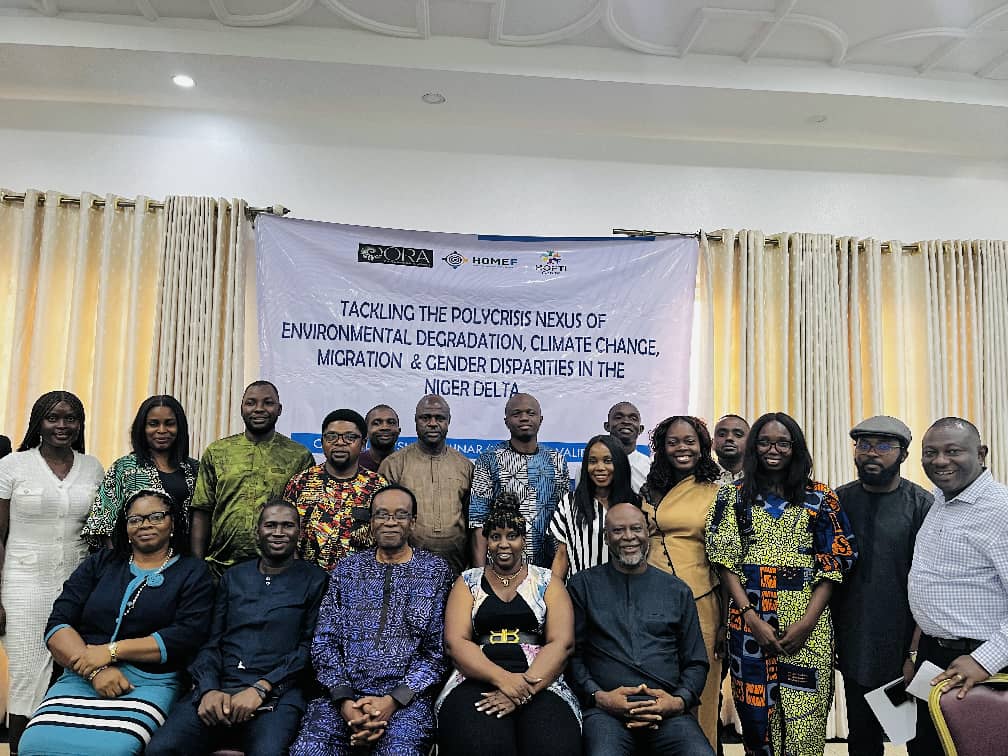
Addressing the global polycrisis requires building community skill sets, creativity, and resilience. By leveraging these strengths and their will to survive, there is a possibility of harvesting creative solutions that will contribute toward addressing the complex challenges facing humanity in the Niger Delta and around the world.

